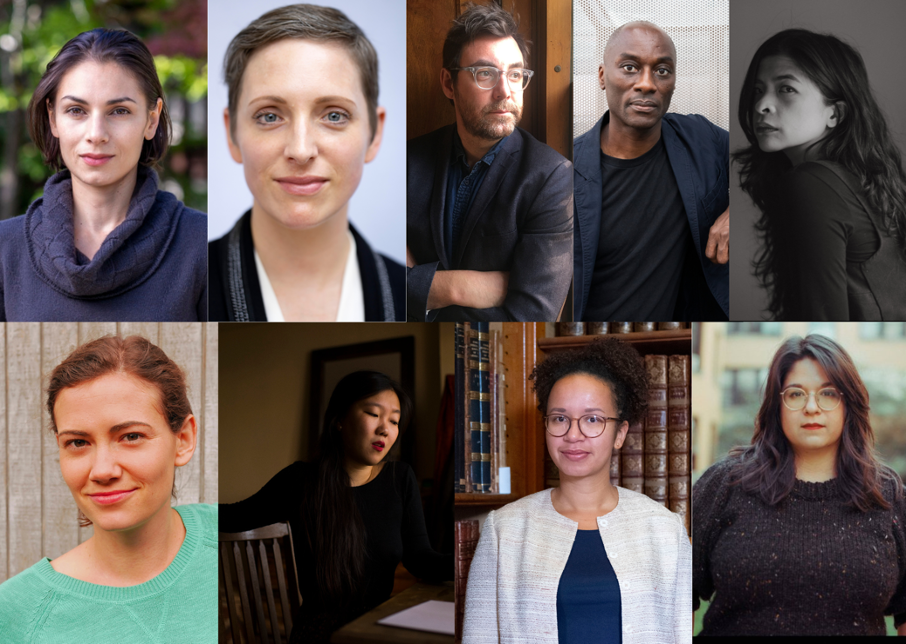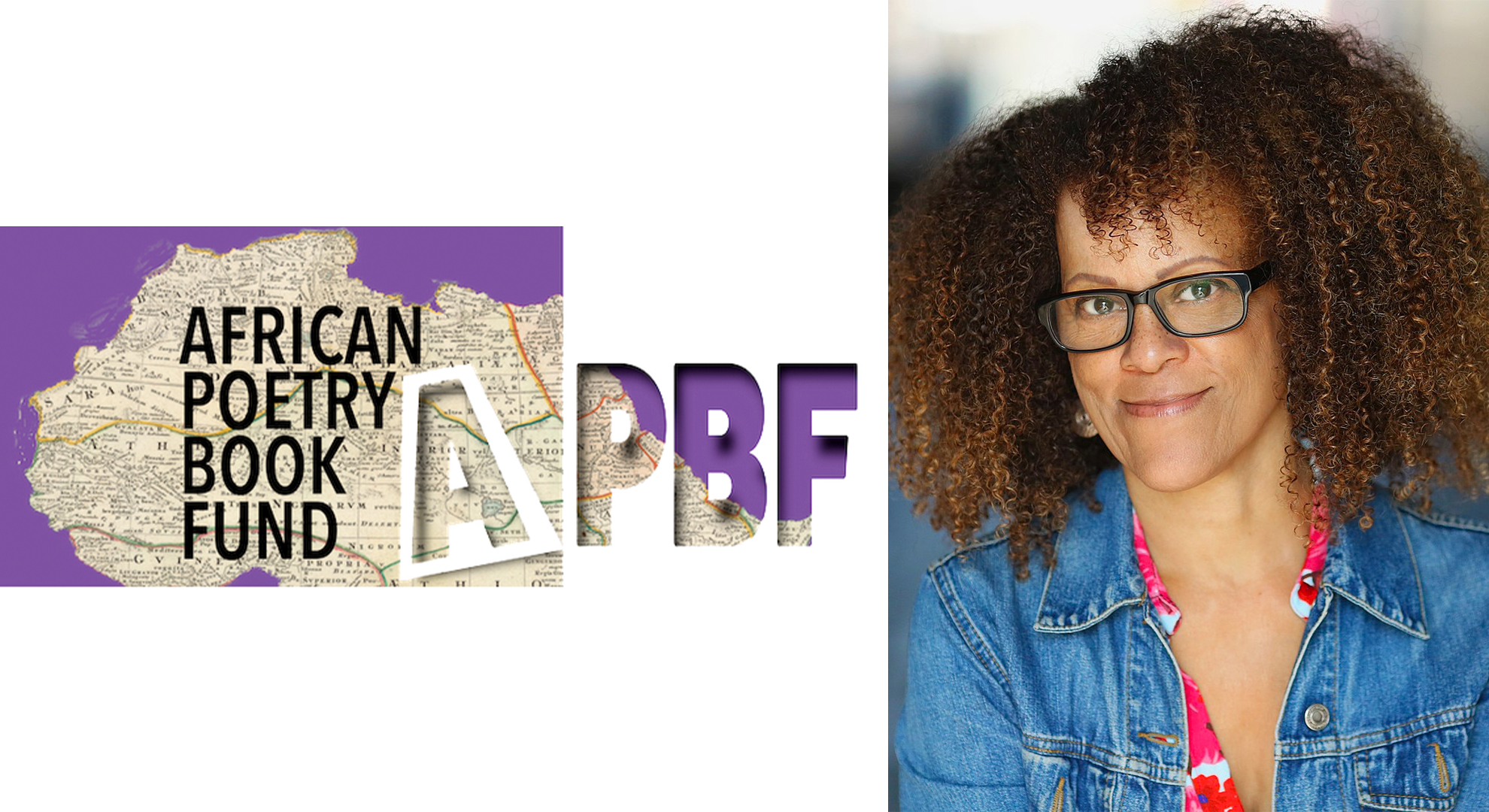Before the holiday season descends with its tinsel-trimmed excuses for not sending out your work, try submitting to these eleven contests with a November 15 deadline! Among the awards are $20,000 for a published story collection, $3,000 for a short short story, $1,000 for a poetry collection, and $1,000 for an individual poem, story, and essay. All awards offer a cash prize of $500 or more. Good luck to you, writers!
Brooklyn Film & Arts Festival
Brooklyn Nonfiction Prize
A prize of $500 and publication on the Brooklyn Film & Arts Festival website is given annually for a work of nonfiction that is set in Brooklyn, New York, and renders the borough’s “rich soul and intangible qualities through the writer’s actual experiences in Brooklyn.” The winner will also be invited to read and discuss their winning work at the festival’s finale event. All entries are considered for publication. Entry Fee: None.
Carve
Prose & Poetry Contest
Three prizes of $1,000 each and publication in Carve will be given annually for a poem, a short story, and an essay. Entry Fee: $17.
Commonwealth Club of California
California Book Awards
Five prizes of $5,000 each are given annually for a poetry collection, a book of fiction, a first book of fiction, a book of creative nonfiction, and a book of fiction or nonfiction that relates to California. Three additional prizes of $2,500 are also given in the fiction, first fiction, and nonfiction categories. Books written by authors residing in California are eligible. Entry Fee: None.
Community of Literary Magazines & Presses
Firecracker Awards
Three prizes of $2,000 each will be given annually for a book of poetry, a book of fiction, and a book of creative nonfiction published by an independent press in the current year ($1,000 for each author and $1,000 for their respective publisher). Works in translation and graphic novels are eligible. Entry Fee: $65.
Nightboat Books
Poetry Prize
Up to four prizes of $1,000 each and publication by Nightboat Books are given annually for poetry collections. The editors will judge. Entry Fee: $28.
Nina Riggs Poetry Foundation
Nina Riggs Poetry Award
A prize of $1,000 is given annually for a single poem that examines relationships, family, or domestic life that was published in a book or magazine in the last three years. Nominate no more than six poems by one author that were published in a book or print magazine in 2020, 2021, or 2022. Self-nominations are not accepted. Entry Fee: None.
Perugia Press
Perugia Press Prize
A prize of $1,000 and publication by Perugia Press is given annually for a first or second poetry collection by a writer who identifies as a woman. Entry Fee: $15.
Pushcart Press
Editors’ Book Award
A prize of $1,000 is given occasionally for a fiction or nonfiction manuscript that has been rejected by a commercial publisher. The award recognizes “worthy manuscripts that have been overlooked by today’s high-pressure, bottom-line publishing conglomerates.” Manuscripts must be submitted with a formal letter of nomination from an editor at a U.S. or Canadian publishing company. Entry Fee: None.
The Story Prize
The Story Prize
A prize of $20,000 is given annually for a story collection written in English and first published in the United States in the current year. Two runners-up will receive $5,000 each, and one entrant will receive the $1,000 Story Prize Spotlight Award, given for a collection that merits further attention. Larry Dark and Julie Lindsey will select the three finalists and the Spotlight Award winner; three independent judges will choose the Story Prize winner. Entry Fee: $75.
Writer’s Digest
Short Short Story Competition
A prize of $3,000 and travel and lodging expenses for a trip to the Writer’s Digest Annual Conference is given annually for a short short story. A second-place prize of $1,500 is also awarded. The winners will both be published in Writer’s Digest. Entry Fee: $30.
Yale University Press
Yale Series of Younger Poets
A prize of $1,000, publication by Yale University Press, and a writing fellowship at the James Merrill House in Stonington, Connecticut, is given annually for a poetry collection by a poet who has not published a full-length book of poetry. Rae Armantrout will judge. Entry Fee: $25.
Visit the contest websites for complete guidelines, and check out the Grants & Awards database and Submission Calendar for more contests in poetry, fiction, creative nonfiction, and translation.






